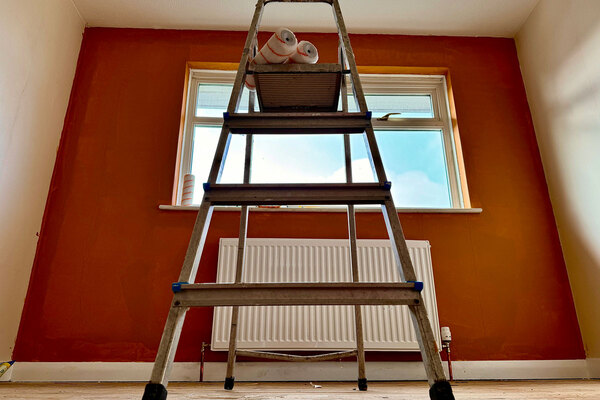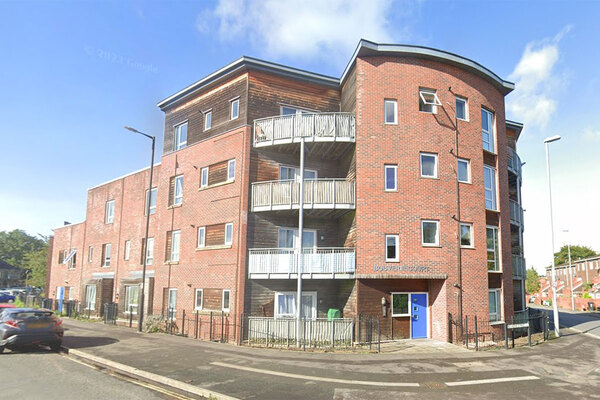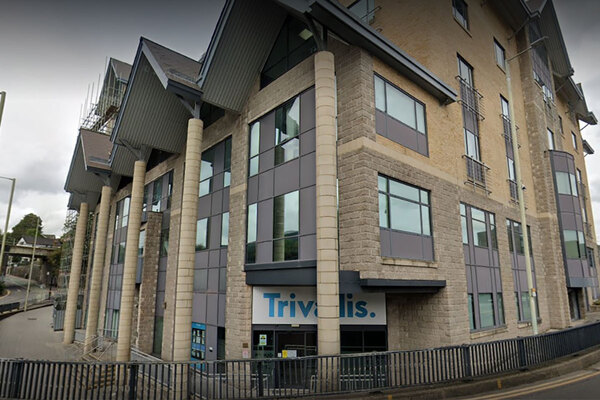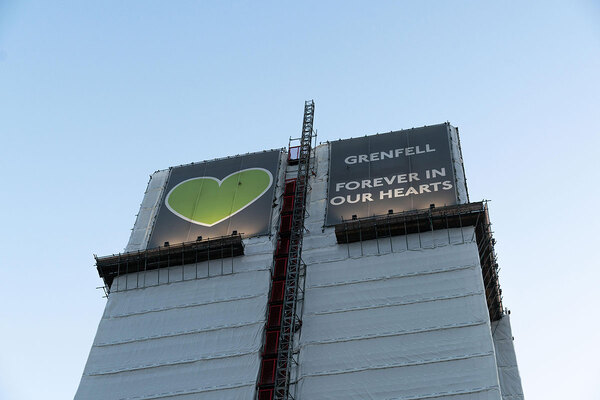Turned away
Women fleeing domestic violence are entitled to a roof above their head, so why are so many sleeping rough?
Thirty-five per cent of women who have slept rough left home to escape domestic violence. Imagine that. Home is so terrible that sleeping on the streets is a better alternative.
How can this happen? As St Mungo’s new report Battered, broken, bereft: why people still end up rough sleeping highlights, women who end up sleeping rough due to domestic violence are generally more vulnerable and have more needs than those who avoid rough sleeping. Bizarrely, the more vulnerable they are, the less likely they are to get any help at all.
The Against Violence and Abuse Project works with agencies to improve their responses to women who’ve experienced domestic violence. For example, we are working with refuge providers to help them develop a nuanced and flexible approach to accepting women with mental health or substance misuse issues as many currently don’t accept these groups.
Council officials have long been described by victims as dismissive of the problems and dangers faced by women experiencing domestic violence, an assertion supported by a mystery shopper exercise in 2009 and echoed in focus groups held with women survivors (Still we rise, Women’s National Commission 2009). But as the cuts start to bite deeper and housing supply becomes scarcer, attitudes are hardening and more women are being turned away.
The cuts, however, are a false economy and will lead to higher costs in the long term. Rebuilding a person’s life after the extreme hardship of sleeping rough is far more costly to health and public services than providing support in the first place.
Across the country, domestic violence services are reporting drastic cuts to their budgets forcing many to close some of their services. In the absence of this support, vulnerable women are ending up on the streets.
What we need are more places where vulnerable women can be safe and supported. As refuge services are cut, it becomes more important than ever that women who have suffered from, or are at risk of, domestic violence are given the support and access to accommodation to which they are legally entitled. We need increased investment in refuge and housing provision for women fleeing domestic violence; including more specialist provision to accommodate those with a range of complex needs. We also need consistent interpretation of housing law. Councils currently decide for themselves whether or not to accommodate single women fleeing domestic violence and this is unacceptable.
As the St Mungo’s report says, local authorities must act on their duty to protect those who have experienced domestic violence. In a civilised society, no one should be forced to choose between returning to a violent partner or sleeping rough.
Davina James-Hanman is director of the Against Violence and Abuse Project







